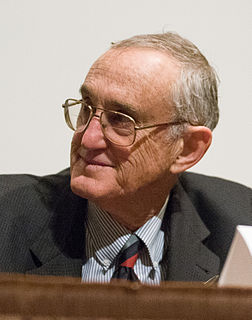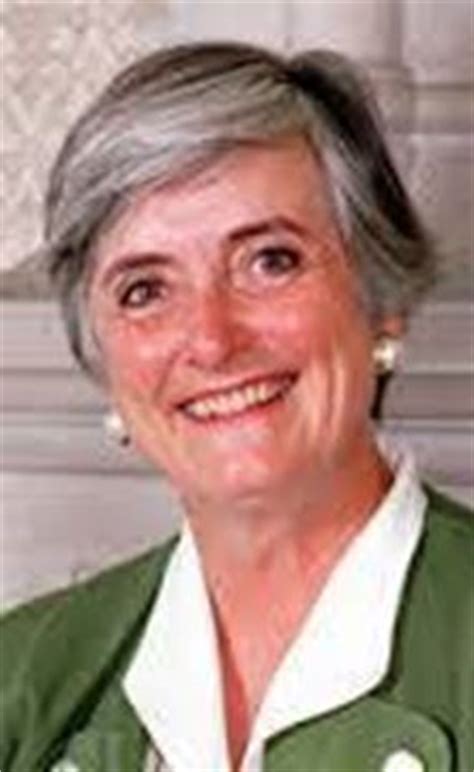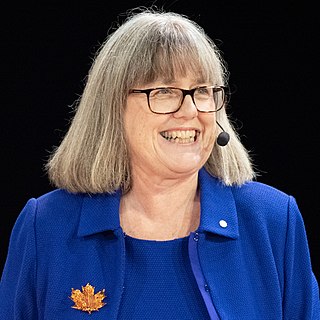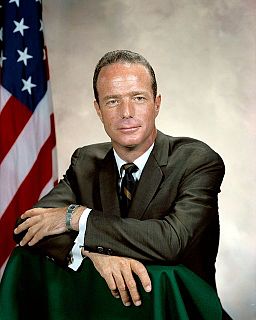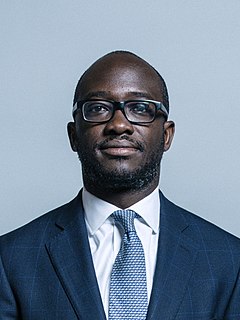A Quote by David Lee
Basic science provides long-term benefits for ourselves and our fragile planet and should be supported by all the world's societies.
Related Quotes
Human existence may be simpler than we thought. There is no predestination, no unfathomed mystery of life. Demons and gods do not vie for our allegiance. Instead, we are self-made, independent, alone, and fragile, a biological species adapted to live in a biological world. What counts for long-term survival is intelligent self-understanding, based upon a greater independence of thought than that tolerated today even in our most advanced democratic societies.
I think the human race doesn't have a future if we don't go into space. We need to expand our horizons beyond planet Earth if we are to have a long-term future. We cannot remain looking inward at ourselves on a small and increasingly polluted and overcrowded planet. We need to look outward to the wider universe.
The significance of our lives and our fragile planet is then determined only by our own wisdom and courage. We are the custodians of life's meaning. We long for a Parent to care for us, to forgive us our errors, to save us from our childish mistakes. But knowledge is preferable to ignorance. Better by far to embrace the hard truth than a reassuring fable. If we crave some cosmic purpose, then let us find ourselves a worthy goal.
We must adjust our value systems and work to modify today's societies, in which economic interests are carried to the extreme and irrationally produce not merely objects, but weapons of war. These societies don't care about the destruction of the planet and mankind as long as they earn profits - it can't go on like this.
Scientists themselves readily admit that they do not fully understand the consequences of our many-faceted assault upon the interwoven fabric of atmosphere, water, land and life in all its biological diversity. But things could also turn out to be worse than the current scientific best guess. In military affairs, policy has long been based on the dictum that we should be prepared for the worst case. Why should it be so different when the security is that of the planet and our long-term future?
This planet is not terra firma. It is a delicate flower and it must be cared for. It's lonely. It's small. It's isolated, and there is no resupply. And we are mistreating it. Clearly, the highest loyalty we should have is not to our own country or our own religion or our hometown or even to ourselves. It should be to, number two, the family of man, and number one, the planet at large. This is our home, and this is all we've got.
